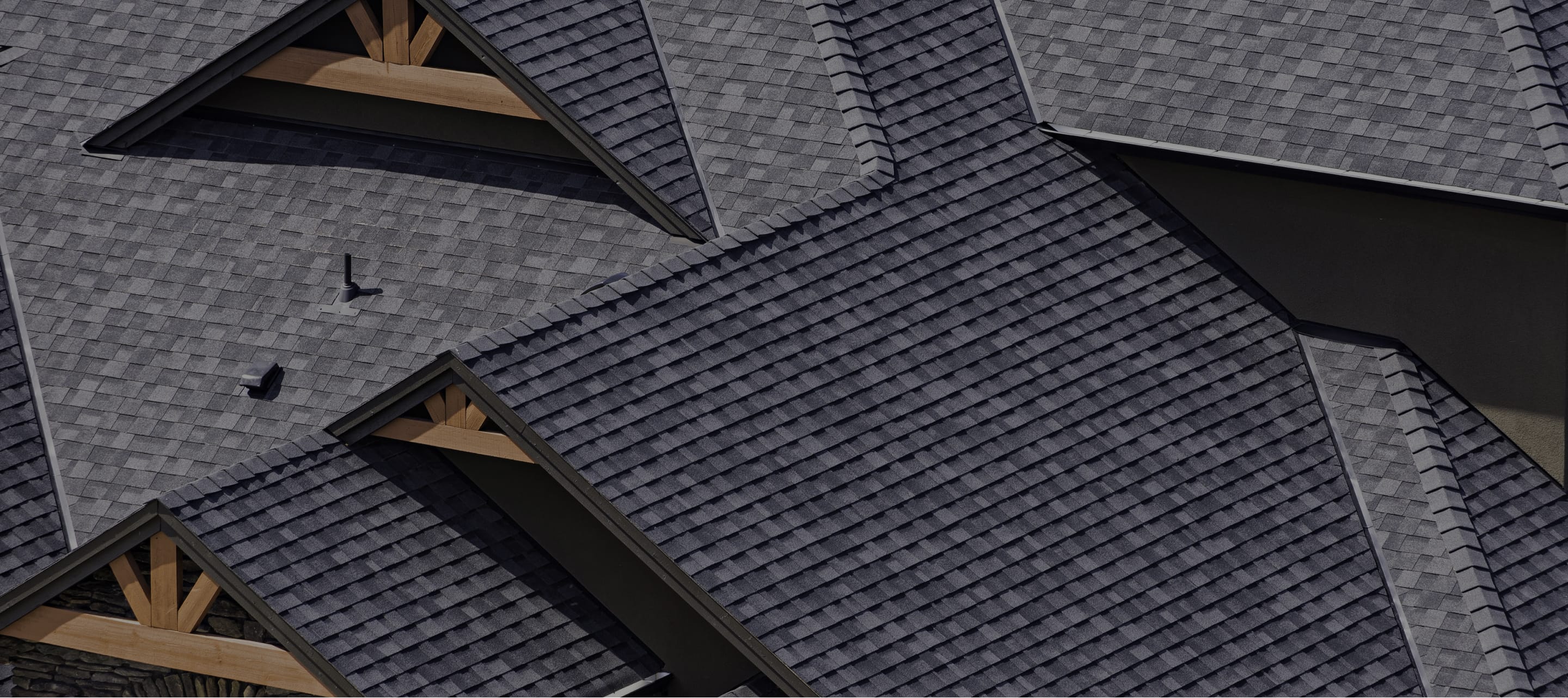
Residential And Commercial Flat Roofing Services
While often underestimated, roofing systems in San Antonio are meticulously engineered to maintain buildings' air and water-tight integrity. Over the past half-century, the variety of roofing options has broadened significantly, ensuring that every structure can be outfitted with a roof tailored to its unique needs. Consequently, building owners, architects, and contractors in San Antonio need to stay well-versed in the myriad roof types available. Flat roofs, commonly chosen for commercial properties, are prevalent across factories, warehouses, big-box retailers, apartment complexes, and educational institutions.
These roof types are designed with a focus on efficiency. For those seeking flat roof installation services in San Antonio, LOA Roofing and Construction offers unparalleled expertise and service.
What Materials Are Used With A Flat Roof Installation?
EPDM Membrane Roofing
Ethylene Propylene Diene Terpolymer, commonly known as EPDM, is a synthetic rubber roofing membrane characterized by its dark color. This material is frequently chosen for commercial and healthcare facilities due to its robustness and longevity. The black hue of EPDM roofs makes them a preferred choice for garages or any rooftop visible from an elevated vantage point, as it effectively masks dirt and stains unlike lighter-colored materials.
The durability of EPDM is noteworthy, with a well-installed, fully adhered EPDM roof system capable of lasting between 25 to 30 years, making it an excellent investment for long-term roofing solutions.
TPO Roofing
Thermoplastic Polyolefin (TPO) roofing stands out with its distinctive bright white surface, making it a prevalent choice for commercial buildings. This roofing type is renowned for its exceptional energy efficiency. As a single-ply roofing membrane, TPO has surged in popularity due to its effective combination of durability and cost-efficiency. The TPO material comes in large sheets, typically in widths of 10, 12, or 20 feet, incorporating both synthetic components and a reinforced scrim for added strength.
One of the key advantages of TPO roofing is its highly reflective surface, which plays a crucial role in deflecting UV rays. This natural reflectivity contributes to significant energy savings by reducing cooling costs, a feature that has contributed to its widespread adoption in the roofing industry.
PVC Membrane Roofing
Polyvinyl Chloride (PVC) roofing is another single-ply membrane option, mirroring the bright white appearance commonly associated with TPO roofs, making it a favored choice for commercial buildings. PVC shares similarities with TPO in terms of its chemical makeup and the method of installation, underscoring its versatility and reliability in the commercial roofing sector.
The main distinctions between PVC and TPO roofing lie in PVC's enhanced flexibility and its longer history of use in the industry. This added flexibility can be advantageous in certain roofing applications, offering durability and adaptability. Typically, a well-installed PVC roofing system can be expected to serve effectively for about 25 years, providing a dependable roofing solution with a balance of longevity and performance.
Standing Seam Metal Roof
A standing seam metal roof consists of interlocking metal panels that allow for movement during thermal expansion, enhancing durability. This roofing type is well-suited for flat roofs and offers a wide range of color choices, contributing to its aesthetic versatility.
Metal roofs are known for their longevity, with a properly installed system lasting 30 years or more, sometimes extending up to 50 years. Despite its higher initial cost compared to other roofing materials, the long-term benefits of standing seam metal roofs, including their durability and lifespan, provide significant value.


